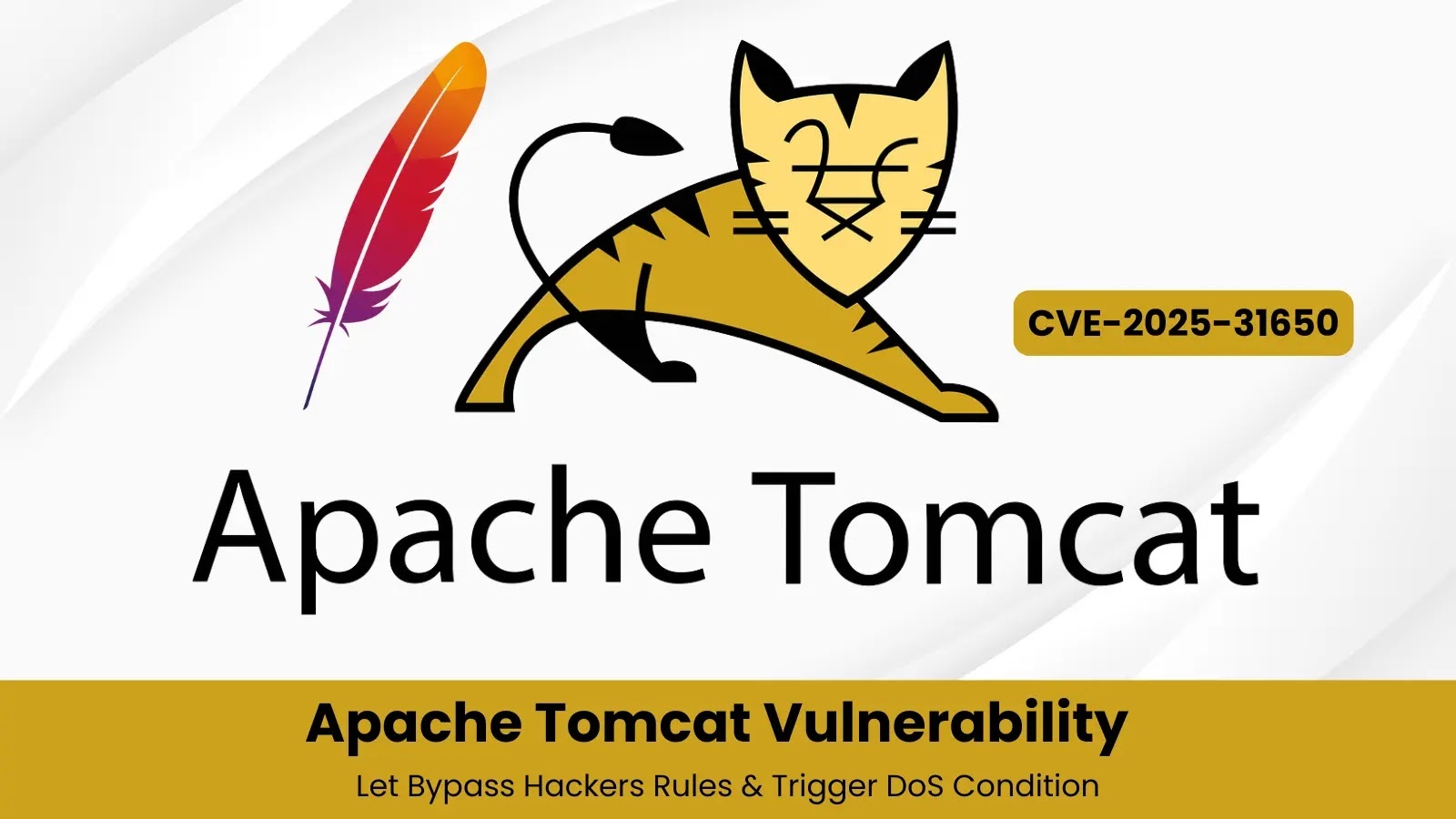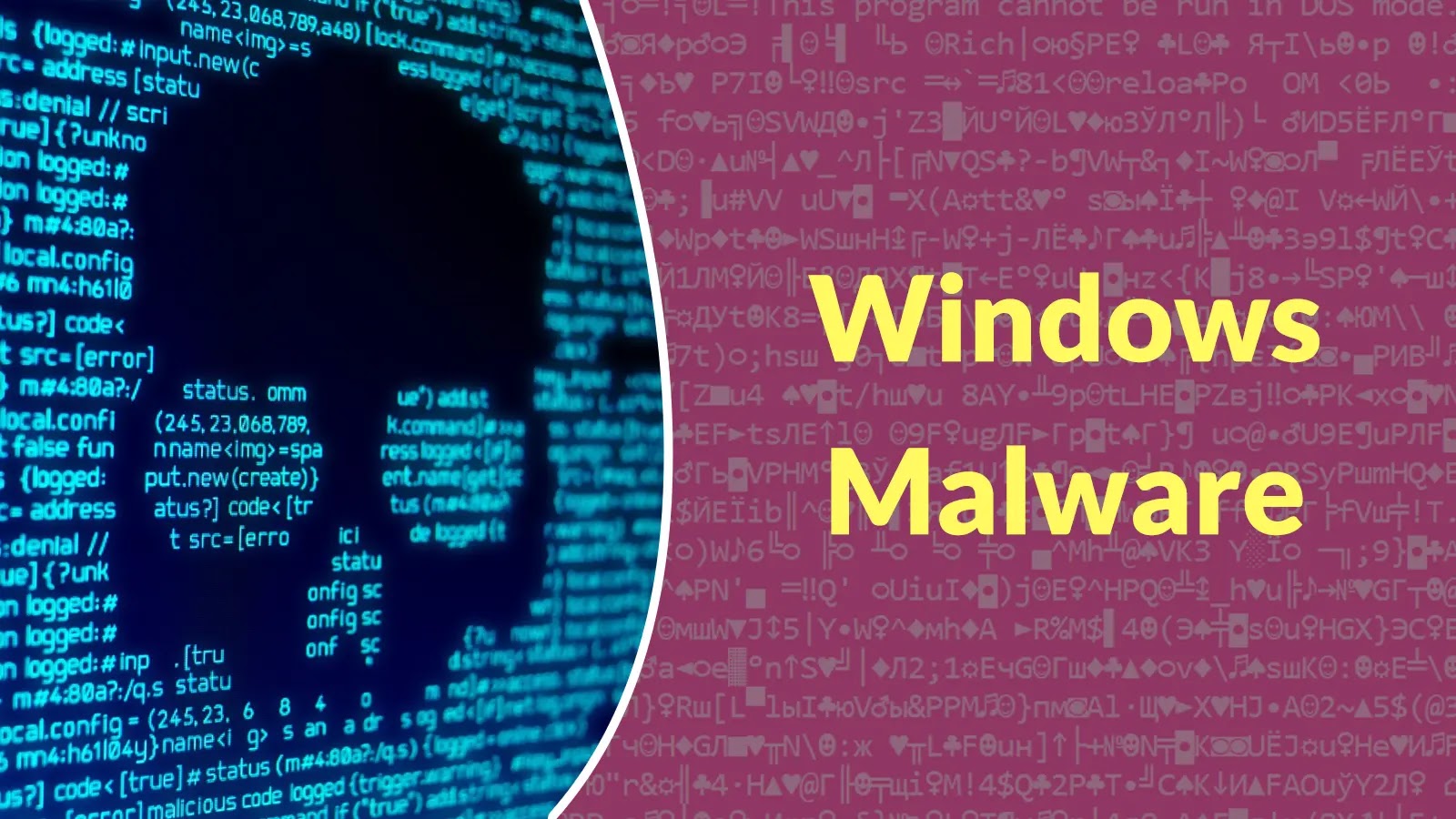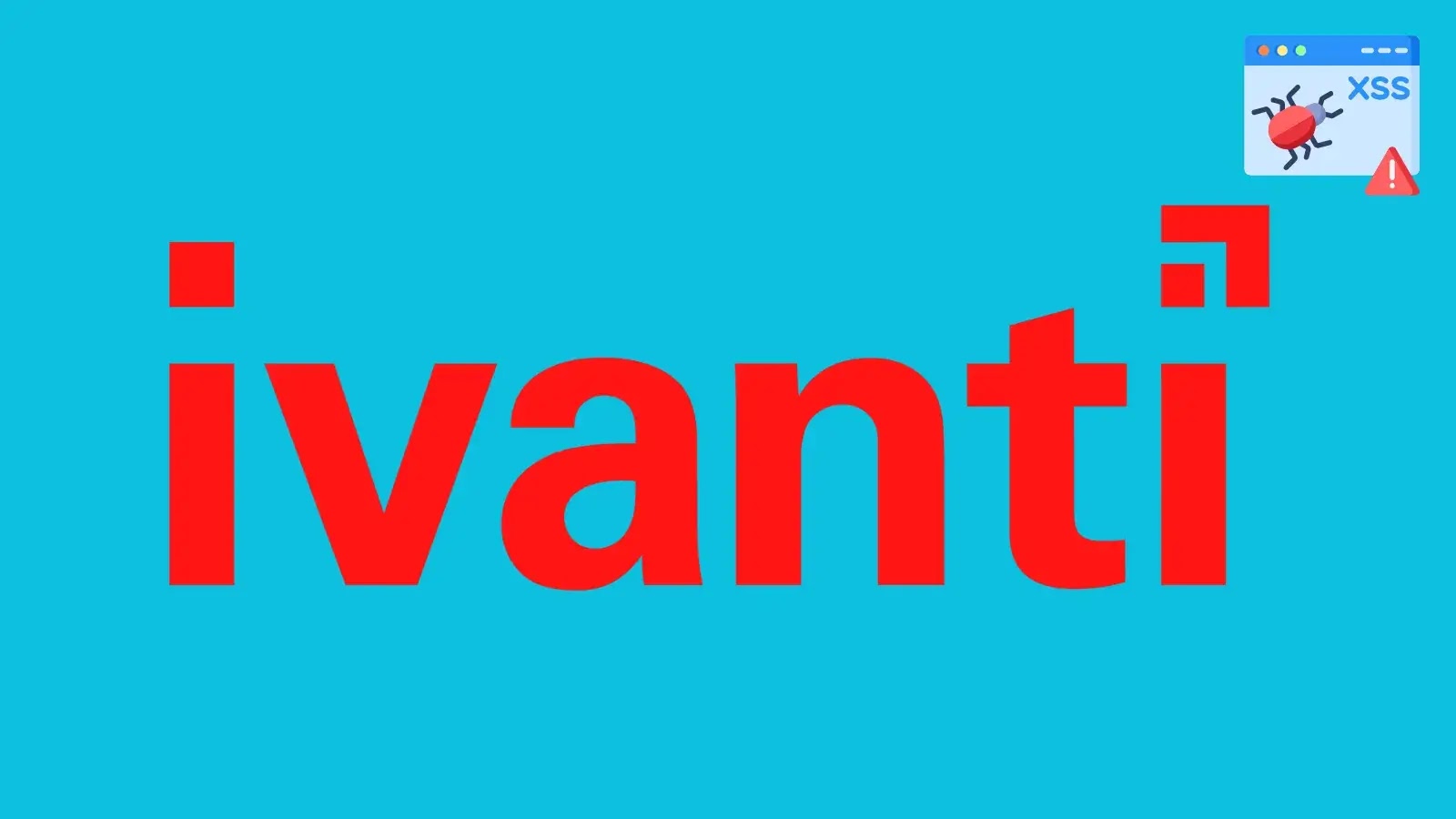The Apache Software Foundation has disclosed a significant security vulnerability in Apache Tomcat, identified as CVE-2025-31650. This high-severity flaw enables attackers to bypass security protocols and induce denial-of-service (DoS) conditions by exploiting improperly handled HTTP priority headers. Organizations utilizing Apache Tomcat are urged to address this issue promptly to maintain the integrity and availability of their web applications.
Understanding the Vulnerability
CVE-2025-31650 arises from inadequate input validation within Apache Tomcat’s processing of HTTP Priority headers. The security advisory explains that incorrect error handling for certain invalid HTTP priority headers leads to incomplete cleanup of failed requests, resulting in a memory leak. By dispatching numerous malformed requests containing invalid HTTP priority headers, attackers can exploit this flaw to trigger an OutOfMemoryException, effectively causing a DoS condition that disrupts application availability.
HTTP Priority headers are standard components of web communication, allowing clients to indicate the preferred order for response delivery. However, this vulnerability highlights a critical oversight in Tomcat’s handling of these headers, where improper validation and sanitization of input can be exploited maliciously.
Affected Versions
The vulnerability impacts the following versions of Apache Tomcat:
– Apache Tomcat 11.0.0-M2 to 11.0.5
– Apache Tomcat 10.1.10 to 10.1.39
– Apache Tomcat 9.0.76 to 9.0.102
Users operating these versions should take immediate action to mitigate potential risks.
Technical Details
The core issue lies in Tomcat’s memory management when processing HTTP Priority headers. Upon receiving an invalid header, the server fails to properly release allocated resources, leading to a memory leak. As detailed in the report, a large number of such requests could trigger an OutOfMemoryException, resulting in a denial of service.
This scenario is reminiscent of previous memory management issues in Java applications, where improper resource handling can lead to significant performance degradation or application crashes.
Mitigation Strategies
To address this vulnerability, the Apache Software Foundation recommends upgrading to the following patched versions:
– Apache Tomcat 11.0.6 or later
– Apache Tomcat 10.1.40 or later
– Apache Tomcat 9.0.104 or later
It’s important to note that while version 9.0.103 contained fixes for this issue, the release vote for the 9.0.103 release candidate did not pass, so this version is not included among the affected versions despite containing the fix.
Context and Precedent
This disclosure marks the second major Apache Tomcat vulnerability in recent months. In March 2025, CVE-2025-24813 was revealed, a critical remote code execution vulnerability with a CVSS score of 9.8 that allowed attackers to take control of vulnerable servers. The recurrence of such significant vulnerabilities underscores the necessity for continuous vigilance and prompt response to security advisories.
Recommendations for Organizations
Organizations utilizing Apache Tomcat should:
1. Upgrade Immediately: Apply the recommended updates to the latest patched versions to mitigate the vulnerability.
2. Review Security Configurations: Ensure that HTTP Priority headers are properly validated and sanitized within your application’s configuration.
3. Monitor System Performance: Implement monitoring tools to detect unusual memory usage patterns that could indicate exploitation attempts.
4. Conduct Regular Security Audits: Regularly assess your systems for vulnerabilities and ensure that all components are up to date with the latest security patches.
Given the critical nature of CVE-2025-31650 and its potential to disrupt web applications, immediate action is strongly recommended to safeguard organizational assets and maintain service availability.



